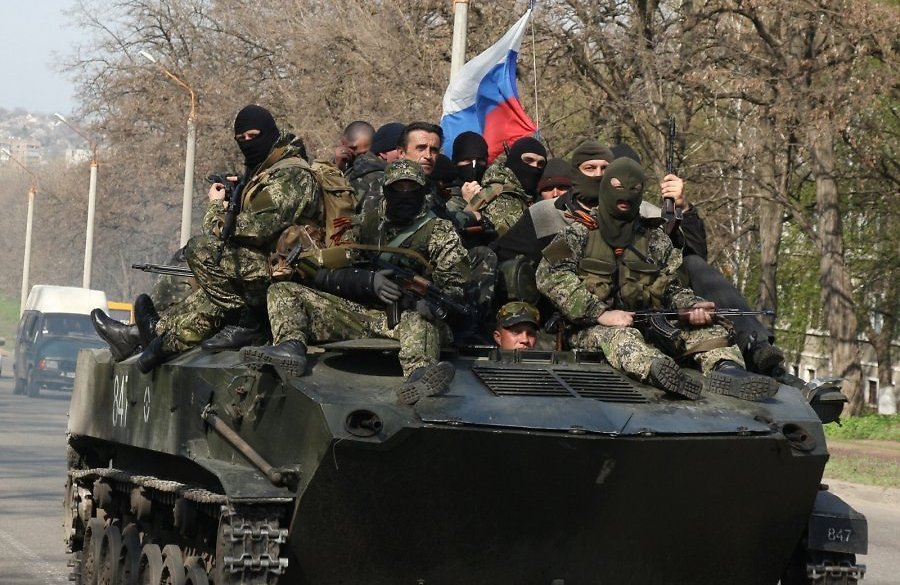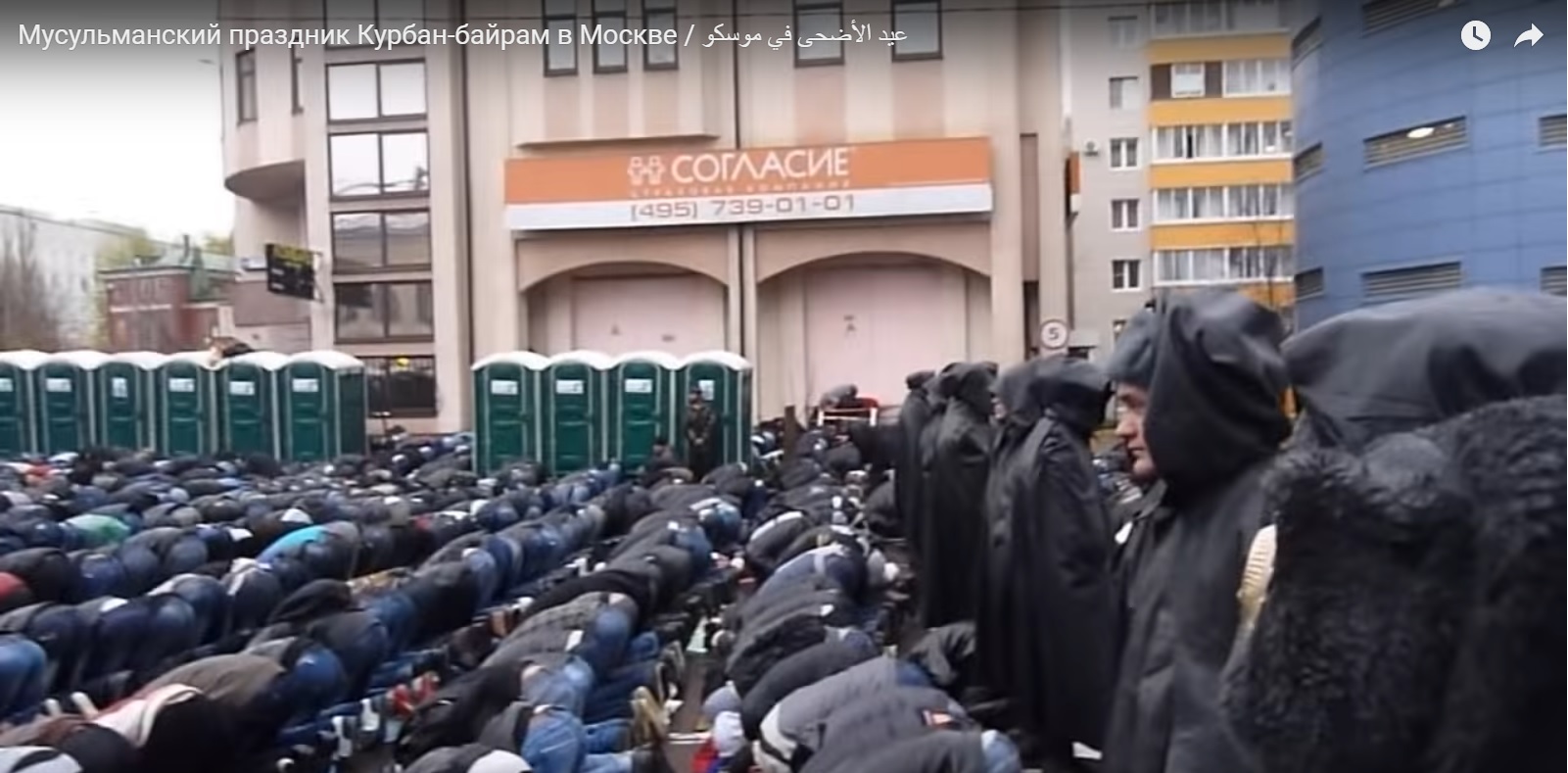Artystanbek Mukhamediuly, Kazakhtan’s culture and sports minister, says that 83.1 percent of the population of his country now speaks Kazakh, a figure that means more than half of all non-Kazakhs do and one that reduces the isolation of the 20 percent who are ethnic Russian and Moscow’s ability to play that group against the Kazakhstan state.
According to the minister, 91 percent of government documents are now issued in Kazakh, and 72 percent of the mass media are in the national language.
Kazakhstan, a republic in which ethnic Russians formed a plurality of the population until the mid-1980s and the Russian language was predominant until recently, has worked hard to promote knowledge of Kazakh. It has opened 89 regional centers to provide instruction to adults and pushed Kazakh in the schools.
Moscow on occasion has sought to mobilize ethnic Russians against the Kazakhs and some activists have even threatened to partition the country along ethnic lines. But if Russians are learning Kazakh as often as the minister’s figures suggest, it will be far harder for Moscow to do so in the future.
That is why so many of the countries around Russia’s periphery have promoted their national languages.
They recognize that until Russians learn the local languages, they may be mobilized against the state by a Kremlin that has made language central to its definition of “the Russian world.” It is in this context that the efforts of Latvia to promote Latvian should be understood (cf. espreso.tv).
Read More:
- The “Russian World” as a political technology used against Ukraine
- Russian-speaking Belarusians and Ukrainians threaten Putin’s ‘Russian world’ and Russia itself
- Putin’s Russian world seeks to offer others 12 unattractive values, Sytin says
- Putin’s Russian world increasingly informed by a Nazi aesthetic, Moscow specialist says
- FSB seeking to block or control all links between Russians and emigration, Melikhov says
- Profound contraction of ethnic Russians in former Soviet republics since 1989
- Northern Kazakhstan likely to be Putin’s next target for aggression
- Ukraine suffered the most deaths in the Holodomor, while Kazakhstan had the highest percentage loss of population
- Kremlin agents seeking to reduce part of Kazakhs to a Russian-speaking sub-ethnos of the Russian nation, Gali says
- Moscow reacts to Kazakhstan and Kyrgyzstan switching from Cyrillic with hysterics
- Stalin starved populations to death to russify Ukraine, North Caucasus and Kazakhstan, statistics show





